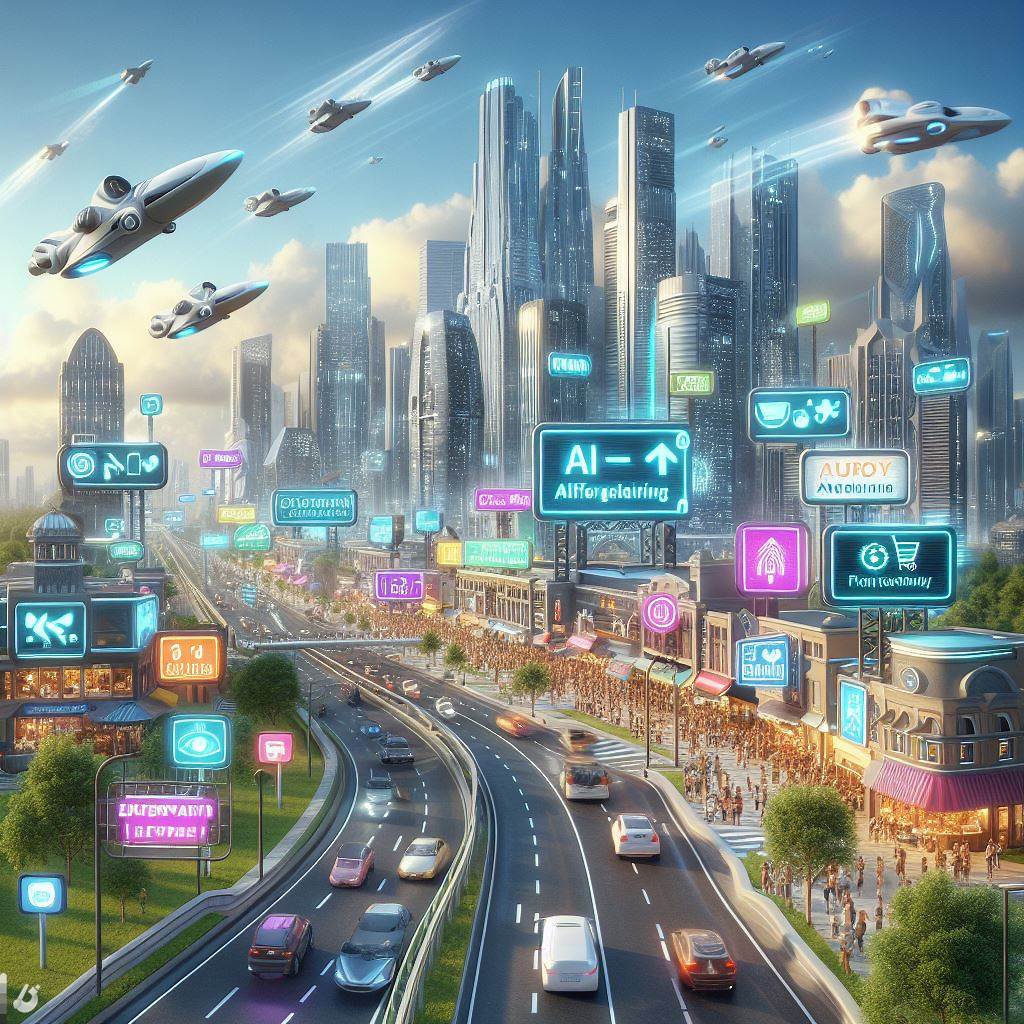
The swiftly changing realm of artificial intelligence (AI) is expected to undergo substantial transformations and progress in 2024. Looking forward, insights from experts and industry insiders shed light on the pivotal developments that will define the AI landscape in the upcoming year.
1. Investing in Solutions, Not Tools: In 2024, the focus of AI investments will shift towards platforms addressing real-world problems rather than individual tools. Cameron Adams, co-founder and chief product officer of Canva, emphasizes the importance of commercially viable use cases for startups, foreseeing a competition where platforms solving tangible issues will secure venture funding.
2. Operationalizing Generative AI: Generative AI, once seen as experimental, is set to be operationalized by businesses. Massimo Pezzini, head of research at Workato, notes that organizations will extensively integrate generative AI into their processes, optimizing infrastructure and laying foundations for long-term effectiveness. The integration infrastructure linking AI with traditional systems will be a crucial component for success.
3. Evolving Customer Experience: Decision-tree chatbots will become obsolete as generative AI takes center stage. Sara Varni, CMO at Attentive, predicts a shift from repetitive multiple-choice questions to AI-driven interactions that leverage customer data for hyper-personalized experiences, mirroring the in-store sales associate experience online.
4. Surge in AI-Powered Tools: The year 2024 will witness a flood of new AI-powered products due to increased investments in AI SaaS. Scott Beechuk, general partner at Norwest Venture Partners, warns that only truly innovative products enhancing productivity will rise to the top, while superficial applications may struggle to compete in a cost-driven market.
5. Generative AI and Disinformation: Generative AI advancements may fuel disinformation campaigns in 2024. Sam Crowther, founder and CEO of Kasada, highlights the potential for AI-driven disinformation to be more convincing and challenging for social media platforms to detect, especially in the lead-up to major events like elections.
6. Personalization Takes Center Stage: AI-driven personalization will reshape consumer behavior, with a shift towards relying less on search and more on personalized recommendations. Martin Elwin, senior director of engineering at Klarna, anticipates a model where goods actively search for people, similar to successful implementations in countries like China.
7. Rise of Large Graphical Models (LGMs): Alongside Large Language Models (LLMs), another major AI technology, Large Graphical Models (LGMs), is set to emerge. Devavrat Shah, MIT AI professor, and co-founder of Ikigai Labs, explains that LGMs, with their focus on analyzing tabular data, will provide valuable insights for forecasting critical business trends.
8. Speed Standards in Generative AI: Generative AI not only sees improvements in output quality but also sets new speed standards. RK Anand, founder and chief strategy officer at Recogni, predicts that the pace of progress in generative AI will influence expectations in various industries, from factory automation to autonomous vehicles.
9. AI's Transformation of the Film Industry: Generative AI is expected to transform Hollywood into a cost-per-mile and cost-per-usage structure. Shubham A. Mishra, global CEO of Pixis, envisions a scenario where celebrities can take on projects globally with virtual influencers, necessitating a focus on consent and contractual agreements.
10. Generative AI and Cybercrime: AI's impact extends to cybercrime, with Robert Blumofe, CTO and EVP at Akamai, warning about the potential for high-yield social engineering attacks at scale. The ability of modern AI, including generative AI, to automate research and create convincing deepfakes poses new challenges in verifying the authenticity of digital interactions.
As we approach 2024, these trends underscore the transformative influence of AI across diverse sectors, presenting both opportunities and challenges.